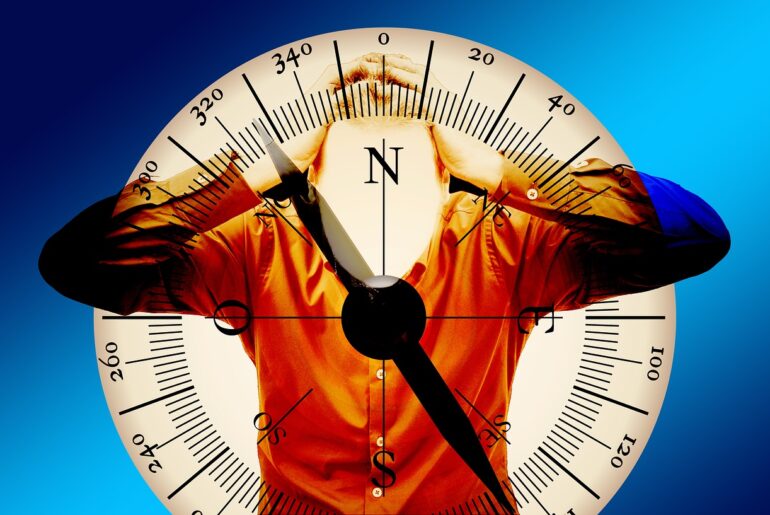We live in a society in which opinions, options, and information are proliferating everywhere, and ambivalence is on the rise. Which of these 15 brands of toothpaste do I prefer and why? Facebook turns on analogue emotions into binary oppositions: you either “like” something or you don’t. Self help books command us to be happy. Just the other day, a good friend of mine came running to me tormented by his own ambivalence. He loves both his girlfriends with all his heart. The questions are;is it possible to love two people equally at the same time? or love and hate someone or something at the same time? When you are of two minds about something, how do you “negotiate” between them? Is ambivalence awesome or is it awful? In these times that I don’t know what I want; perhaps I don’t want what I know and want what I don’t know. We are the ambivalents; unable to see both sides of the arguments, frozen in no-mans-land between armies of true believers, no ballot allows you to vote for competing candidates, no questionnaire in which you can just tick the box. So we avoid the question or check “I don’t know”, or grit our teeth and pick a side.
A member of the uncertainty lab noted that our metaphors for ambivalence are rooted in our body: we say, on the one hand, on the other hand.” And we “feel torn” before taking a stand. The trouble is, the human mind hates uncertainty and protests the dissonance that arises when two seemingly opposed thoughts or feelings that exist at once.
The world is an overstimulating, potentially overwhelming place n our brains are designed to filter, reduce and simplify. But when it is our own internal experience, our brains are attempting to simplify and we put ourselves at emotional risk.
Personally I’d prefer that my ultimate decision, come from my highest noblest self. But at the same time I don’t want to make a choice that could lead to feeling deprived, exploited or unfulfilled. In such situations, even though the inevitable post-decision ambivalence can never be 100% resolved, it is usually mostly resolved through the well known phenomenon of cognitive dissonance.
Cognitive Dissonance (CD) plays a major role in value judgments, decisions, and evaluations. Becoming aware of how conflicting beliefs impact decision making process is a great way to improve your ability to make faster and more accurate choices. It is a matter of determining and perhaps more from the heart than the head which deserve to be given high priority; or weighted more heavily. Any personally satisfying conclusion must offer the individual the best possible affirmation of self.
*Ambivalence: The state of having mixed feelings or contradictory ideas about something or someone.
*Cognitive Dissonance: In the field of psychology, cognitive dissonance is the experience of psychological stress that occurs when a person holds two or more contradictory beliefs, ideas, values, or participates in an action that goes against one of these three.

